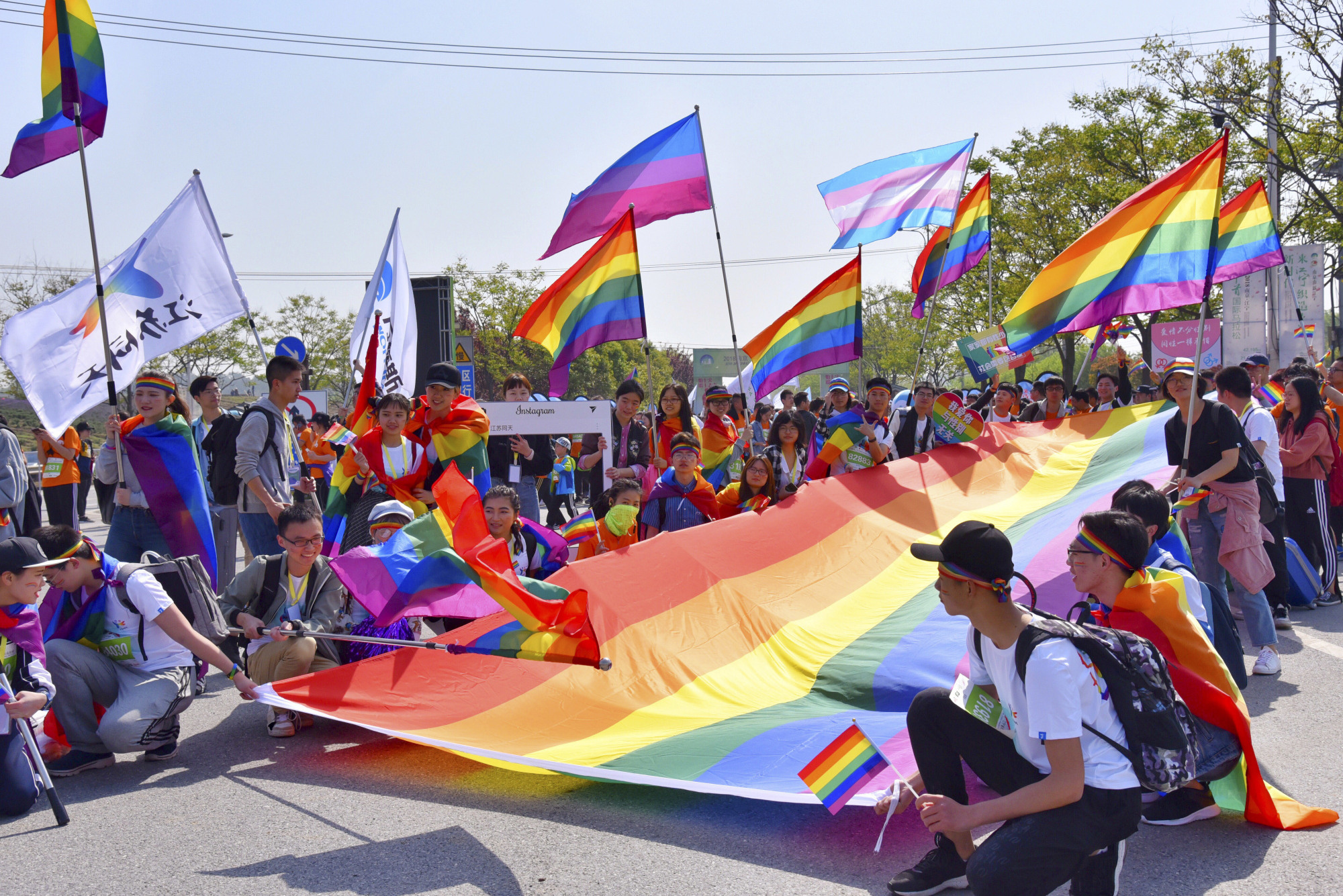For more than a decade, Chinese social media has given a voice to groups that have otherwise been overlooked or maligned, including the LGBTQ community. Although the government may have officially disapproved, and cat-and-mouse games with the authorities were common, the online world still offered a place of relative tolerance and tranquility. Last weekend, that delicate balance seemed threatened — until users revolted.
On April 13, Sina Weibo, a social media platform, announced that it was banning cartoons, games and videos containing gay themes, in an effort to comply with cybersecurity laws. Users reacted furiously. By Monday, the anger had grown so intense that the service reversed course and said the "clean-up no longer targets gay content." For the government, which has long sought to restrict gay themes in media, it was a nearly unprecedented rebuke.
Historically, China hasn't had an especially fraught relationship to homosexuality. One of its great classical novels, "The Dream of the Red Chamber," contains gay relationships. Under Communist rule, however, homosexuality was criminalized until 1997. The party remains a deeply conservative organization dedicated to traditional values, including filial piety and heterosexual marriage. It is also highly skeptical of calls for more personal liberties; insofar as gay Chinese are viewed as seeking new rights — including the right to marry — they're viewed with suspicion.



















With your current subscription plan you can comment on stories. However, before writing your first comment, please create a display name in the Profile section of your subscriber account page.